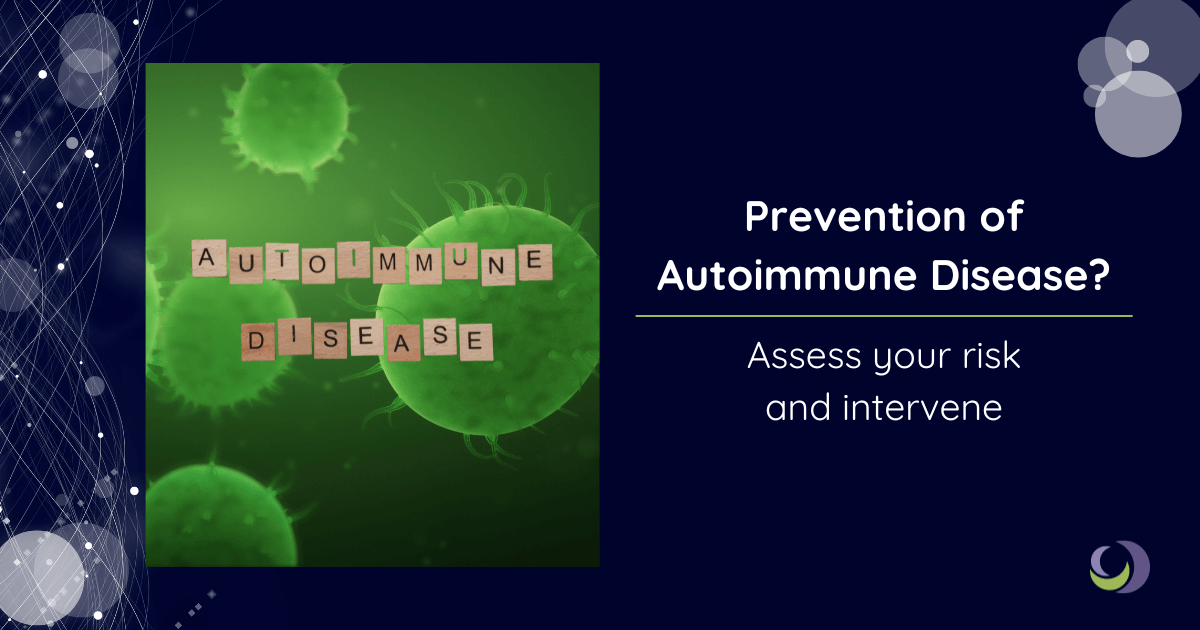
30 Oct Prevention of Autoimmune Diseases
I believe we all know someone who has and is currently dealing with an autoimmune disease. To mention a few you may have heard: hypothyroidism, rheumatoid arthritis, celiac disease, type 1 diabetes, psoriasis, multiple sclerosis, hemolytic anemias, adrenal insufficiency, vitiligo, and many others. It is said that they are becoming more prevalent nowadays. There are different theories as to why that is the case, such as sanitization in Western society, the hybridization of wheat, and environmental toxins, among others.
It is no fun for the individual who has to deal with them! The thought that your own body is attacking parts of you almost makes you feel betrayed by your own body. These conditions are treated by replacing the substance that the attacked organ can no longer produce or by trying to calm down the immune system by giving medications such as corticosteroids or immunomodulators. The problem with these drugs is their side effects. Since you are calming your immune response, when an eternal intruder (virus, bacteria, or parasites) comes, you can no longer fight them effectively. Taking medications is always a trade-off. Truly, you have to weigh the pros and cons and decide which is most important for you at the time.
Therefore, the ideal situation would be to prevent these conditions from developing. We are not born with them. In most cases, we developed them over time. Undoubtedly, the individual must have a genetic predisposition to it, but something in the environment also triggers it.
As a traditional endocrinologist, I often saw patients who came to me because they were told they had antibodies to the thyroid gland. I looked at their thyroid hormones, and if they were in range and patients felt fine, I would say, “You are fine, come back in a year or when you don’t feel well.” I cringe when I look back at that. Those were all missed opportunities to address what was triggering their immune system. As I started to learn about functional medicine, which takes a look at the body as a system and looks for the root cause of the problems, I came to understand that there were interventions I could have recommended to calm down the immune system naturally. For example, check for food sensitivity, make sure the patient has sufficient vitamins, minerals, cofactors, proteins, and hormones, address their stress levels, and manage it. Even consider medications that could avert the development of the autoimmune disease compared to waiting until the condition develops.
Let’s take the case of Type 1 Diabetes Mellitus. Did you know that nowadays, if you identify antibodies that are related to type 1 diabetes, say relatives of people with other autoimmune diseases, we can give an infusion (Tzield) that can arrest the immune attack to the cells that produce insulin and prevent the development of type 1 diabetes? Reminder: patients with type 1 diabetes require insulin for survival.
These different interventions impact the quality of life of individuals. Still, providers often neglect to explore them as they barely have the time to address the immediate issues for which a patient comes in. So, in the case of all those thyroid patients that I saw, I wish I could go back in time and intervene with the knowledge I have now. Moving forward, I will take the time to offer or recommend that their children or siblings be checked for any of these antibodies.
Remember, knowledge is power. And at Beyond Hormones, we have the knowledge and the passion to help you.

